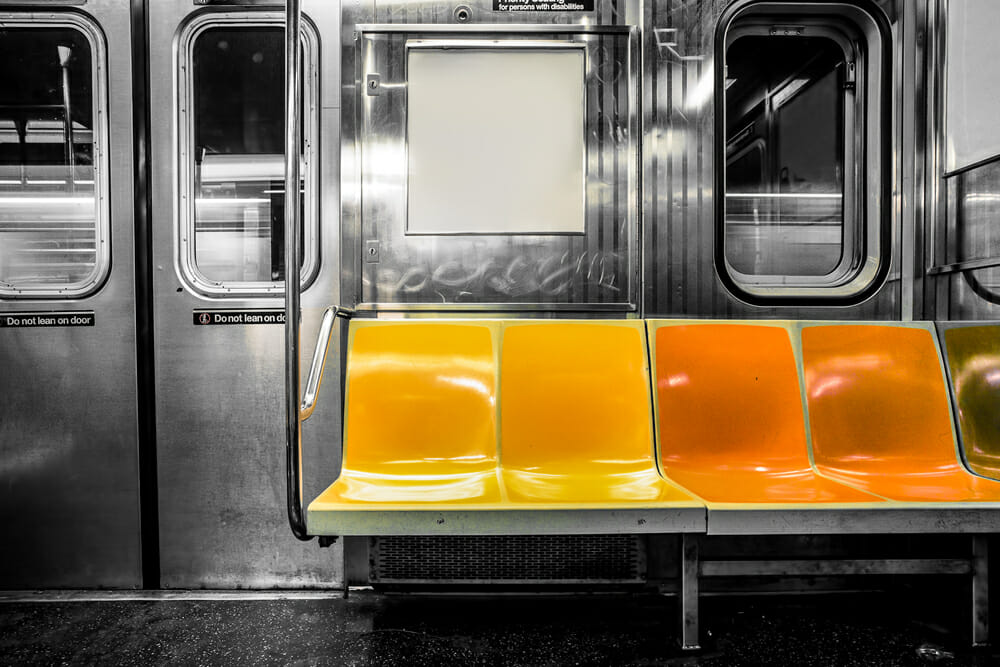Accidents and incidents involving public transportation can be life-altering, often leaving victims with physical injuries, emotional distress, and financial burdens. When such events occur within the Metropolitan Transportation Authority (MTA) system, victims may be entitled to compensation through legal action. Understanding the ins and outs of MTA lawsuit settlements is crucial for anyone seeking justice and financial relief after an incident.
Understanding MTA Lawsuit Settlements
MTA lawsuit settlements refer to the compensation agreements reached between the MTA and individuals who have suffered injuries or losses due to negligence or misconduct within the MTA’s operations. These settlements can cover a wide range of cases, including:
- Personal Injury Claims: Resulting from slips, falls, or accidents on trains, buses, or station premises.
- Wrongful Death Claims: Filed by families who have lost a loved one due to MTA-related incidents.
- Civil Rights Violations: Cases involving misconduct or discrimination by MTA employees.
- Property Damage: Compensation for damaged personal property during an MTA-related incident.
Key Factors Affecting Settlements
The amount and success of a settlement depend on several factors:
- Severity of Injury: More severe injuries typically result in higher compensation due to increased medical costs and long-term impacts.
- Liability: Establishing the MTA’s responsibility is critical. Clear evidence of negligence can strengthen a case.
- Evidence: Documentation such as medical records, accident reports, and witness statements play a pivotal role.
- Legal Representation: Having an experienced attorney can significantly impact the outcome of a settlement.
Steps to Take After an MTA Incident
If you are involved in an incident related to the MTA, taking the following steps can help protect your rights and strengthen your case:
- Seek Medical Attention: Prioritize your health, and ensure all injuries are documented.
- Report the Incident: Notify MTA authorities and file an official report.
- Gather Evidence: Take photos, collect contact information of witnesses, and retain any related documents.
- Consult an Attorney: Legal experts can guide you through the complexities of filing a claim and negotiating a settlement.
The Legal Process for MTA Lawsuit Settlements
Filing a lawsuit against the MTA involves specific legal procedures, including:
- Notice of Claim: Victims must file a Notice of Claim within 90 days of the incident, informing the MTA of the intent to pursue legal action.
- Investigation: The MTA conducts its investigation, which may include interviews and evidence review.
- Negotiation: Attorneys from both sides discuss possible settlement terms to avoid going to trial.
- Litigation: If a settlement isn’t reached, the case proceeds to court, where a judge or jury determines the outcome.
Common Challenges in MTA Lawsuit Settlements
Victims may face several challenges when pursuing a lawsuit against the MTA:
- Bureaucratic Delays: Government entities like the MTA often have complex legal processes, leading to delays.
- Disputed Liability: The MTA may deny responsibility, requiring extensive evidence to prove negligence.
- Settlement Offers: Initial offers may be lower than expected; negotiation skills are essential for fair compensation.
Tips for Maximizing Your Settlement
To increase your chances of receiving a fair settlement, consider these tips:
- Document Everything: Keep detailed records of medical treatments, expenses, and communications related to the incident.
- Avoid Quick Settlements: Do not accept the first offer without consulting your attorney, as it may not reflect the true value of your claim.
- Be Honest: Provide accurate and truthful information throughout the legal process.
- Stay Informed: Understand your legal rights and the typical compensation for similar cases.
Types of Compensation Available
Victims of MTA-related incidents may be eligible for various types of compensation, including:
- Medical Expenses: Covering hospital bills, rehabilitation, and ongoing medical care.
- Lost Wages: Compensation for income lost due to the inability to work.
- Pain and Suffering: Financial relief for physical pain, emotional distress, and reduced quality of life.
- Punitive Damages: In cases of gross negligence, additional damages may be awarded to punish the responsible party.
When to Seek Legal Help
It’s advisable to consult with an attorney experienced in MTA lawsuits if:
- The injury is severe or has long-term effects.
- There is a dispute over who is at fault.
- The settlement offer seems unfair or insufficient.
- You are unfamiliar with legal procedures and need guidance.
Conclusion
Navigating the complexities of MTA lawsuit settlements can be overwhelming, especially while recovering from an injury. Understanding your rights, gathering strong evidence, and seeking professional legal advice are key steps toward securing the compensation you deserve. Whether dealing with medical expenses, lost income, or emotional distress, being informed and proactive can make a significant difference in the outcome of your case.



































